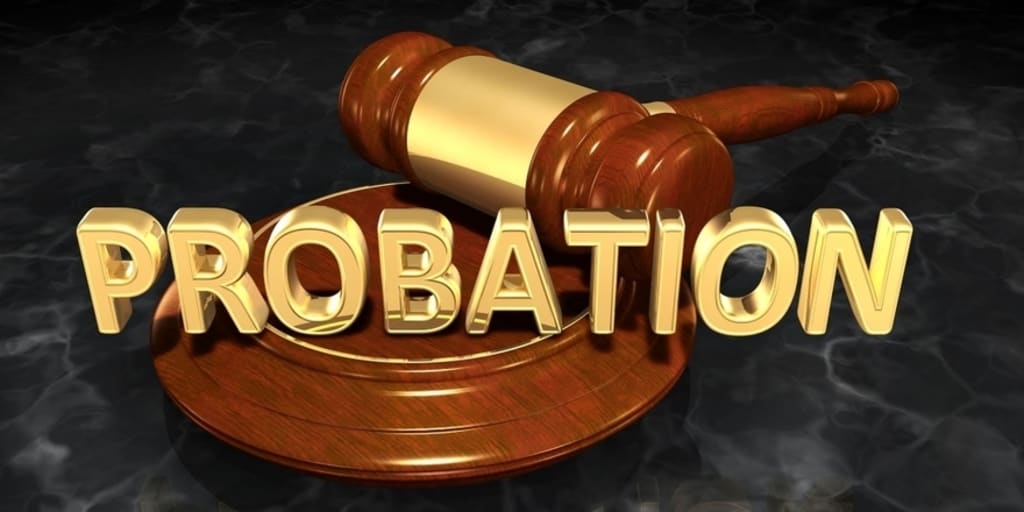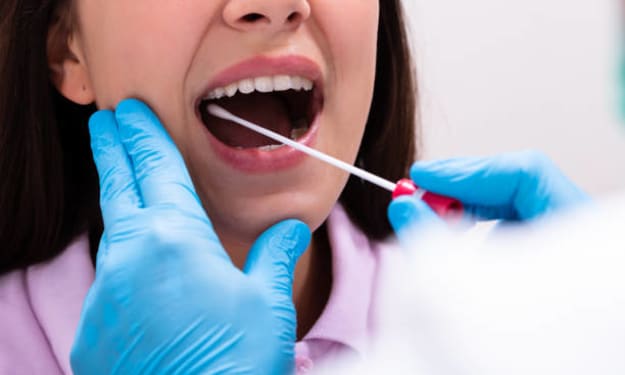Understanding Probation Drug Testing Procedures: An Essential Guide
Navigating Probation Drug Testing: An In-Depth Guide for Compliance and Understanding

Probation drug testing is a common requirement for individuals on probation as a part of their criminal sentence. This process is crucial for ensuring that probationers adhere to the conditions set by the court, particularly regarding substance use.
This article aims to provide a detailed overview of probation drug testing procedures, helping individuals understand what to expect and how to prepare.
What is Probation Drug Testing?
Probation drug testing is the regular testing of individuals on probation to detect the use of illegal drugs or alcohol. These tests are conducted to ensure that probationers comply with the conditions of their probation, which often includes abstaining from drug and alcohol use.
Types of Drug Tests Used
- Urine Tests: The most common method, urine tests can detect a wide range of drugs and their metabolites. They are preferred for their non-invasiveness and ability to provide quick results.
- Hair Follicle Tests: These tests can detect drug use over a longer period, typically up to 90 days. They are less common due to their higher cost and longer processing time.
- Blood Tests: While highly accurate, blood tests are less common due to their invasive nature and higher cost.
- Saliva Tests: Oral swab drug tests are becoming more popular due to their non-invasive nature and the ability to detect recent drug use.
Frequency and Timing of Tests
The frequency and timing of probation drug tests can vary. Some probationers may be tested at regular intervals, while others may undergo random testing. The decision is often at the discretion of the probation officer and may be influenced by the individual's history and the specifics of their case.
Preparing for a Drug Test
- Abstain from Drug Use: The most obvious and crucial step is to abstain from using drugs or alcohol.
- Understand Medication Interactions: Some legal medications might affect the results of drug tests. It’s important to inform the testing agency about any prescribed medications.
- Stay Hydrated: Proper hydration can help the body eliminate toxins, but avoid excessive water intake right before the test as it might dilute the urine sample.
The Testing Process
- Sample Collection: The individual provides a sample (urine, hair, saliva, or blood) in a controlled environment to prevent tampering.
- Chain of Custody: The sample is handled in a way that maintains its integrity and ensures accurate tracking from collection to analysis.
- Laboratory Analysis: The sample is analyzed for the presence of drugs and their metabolites.
- Result Reporting: Results are reported to the probation officer. Negative results indicate no drug use, while positive results may lead to consequences as per probation terms.
Consequences of a Positive Test
A positive drug test while on probation can have serious consequences, including additional probation conditions, mandatory rehabilitation, or even revocation of probation leading to imprisonment.
Conclusion
Understanding the procedures of probation drug testing is vital for individuals on probation. Compliance with these tests is not only a legal requirement but also a step towards rehabilitation and reintegration into society. By being informed and prepared, probationers can navigate this aspect of their probation with greater confidence and success.
FAQ:
What substances are typically tested for in probation drug tests?
Probation drug tests commonly screen for a variety of substances, including but not limited to marijuana, cocaine, opiates (like heroin), amphetamines (including methamphetamine), and phencyclidine (PCP). Some tests may also screen for alcohol, prescription drugs (like benzodiazepines or oxycodone), and newer synthetic drugs, depending on the specifics of the probation terms.
How long do drugs stay in your system for probation drug tests?
The detection window varies depending on the substance, the frequency of use, and the type of test. For example, marijuana can be detected in urine for up to 30 days for regular users, whereas cocaine usually stays for about 2-3 days. Hair follicle tests have a much longer detection window, typically up to 90 days. It's important to note that these time frames can vary significantly based on individual metabolism and usage patterns.
Can you refuse a drug test while on probation?
Refusing a drug test while on probation is generally not advisable, as it can be considered a violation of probation terms. This could lead to serious consequences, including increased supervision, additional probation conditions, or even revocation of probation and potential incarceration. It's always best to comply with all probation requirements, including drug testing.
What happens if you fail a drug test on probation?
If you fail a drug test on probation, the consequences can vary based on the terms of your probation, the nature of the offense, and your previous compliance history. Possible outcomes include a warning, increased frequency of testing, mandatory substance abuse treatment programs, additional probation conditions, or, in severe cases, probation revocation and potential incarceration.
Can legal prescriptions affect my probation drug test?
Yes, certain legal prescription medications can affect the results of a drug test. It is crucial to inform your probation officer and the testing agency about any prescribed medications you are taking. This information helps them interpret the test results accurately and avoid false positives.
Are home drug tests acceptable for probation requirements?
Typically, home drug tests are not acceptable for fulfilling probation requirements. Probation drug testing usually needs to be conducted through approved testing facilities to ensure accuracy, proper chain of custody, and compliance with legal standards. However, probationers may use home drug tests for personal monitoring.
How can I dispute a positive drug test on probation?
If you believe your positive drug test result is a mistake, you can request a retest or a confirmation test, usually performed using more sophisticated methods like gas chromatography-mass spectrometry. It's important to provide any relevant information that may explain the positive result, such as medication use, and to consult with your probation officer or a legal professional for guidance.
Are there different types of probation drug tests for different offenses?
The type of drug test used during probation can vary based on the nature of the offense and the specific terms set by the court. For instance, individuals convicted of drug-related offenses may undergo more frequent and comprehensive testing compared to those convicted of non-drug-related offenses.






Comments
There are no comments for this story
Be the first to respond and start the conversation.